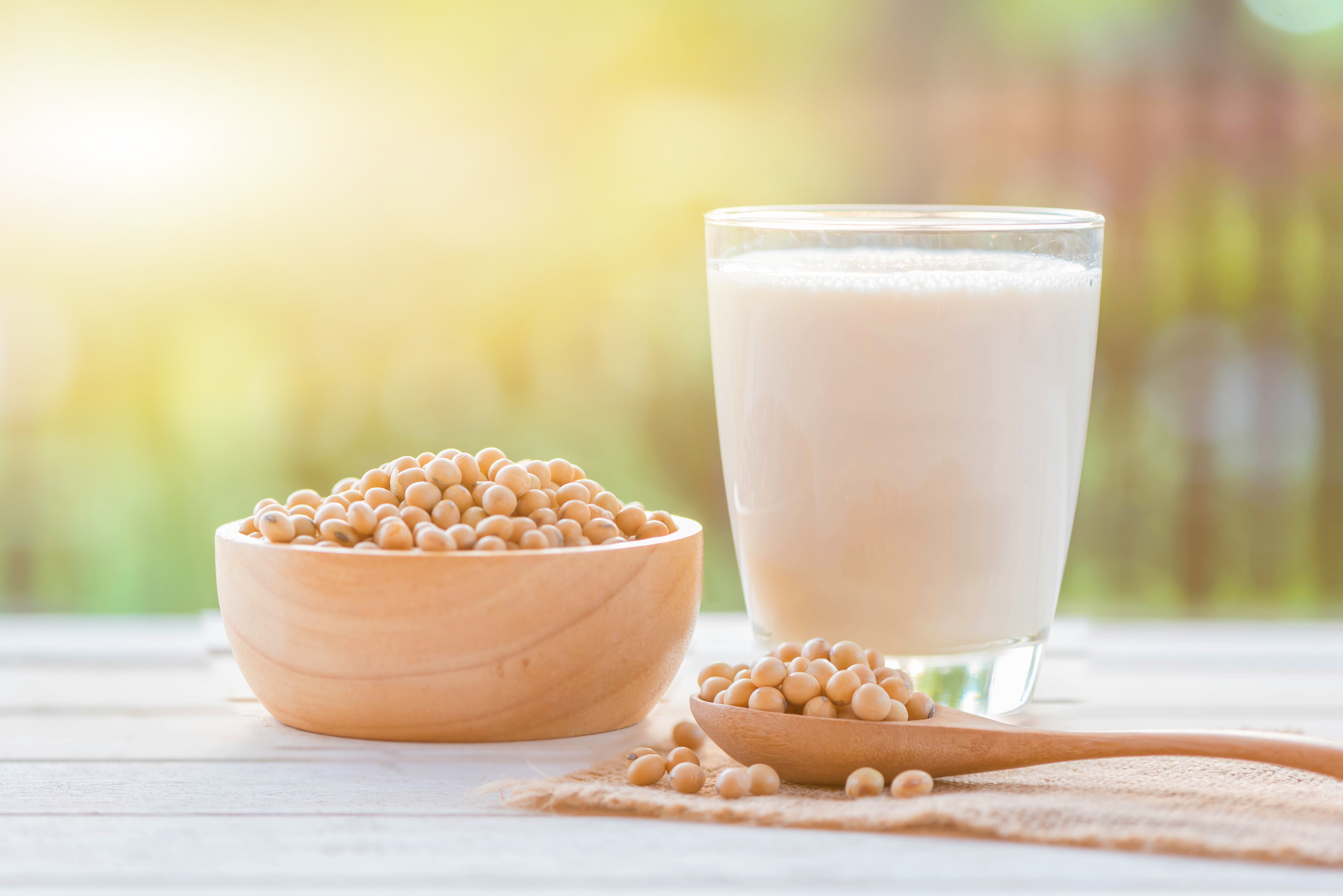If you avoid dairy in your diet, you probably replace cow’s milk with plant-based alternatives, like soy, almond, coconut, and rice milk just to name a few. And even if they’re tasty, they’re not all equally nutritious. In fact, a recent study says soy milk trumps all other plant-based milks in terms of essential nutrients.
In the January 2018 study entitled, “How well do plant based alternatives fare nutritionally compared to cow’s milk?”, researchers examined different milks to determine which is best for people to consume.
Cow milk is still an optimal source of protein, fat and carbohydrates because these key nutrients are complete and in good proportion with one another. However, many people prefer plant-based milks for various reasons.
The only problem is that all plant-based milks, while offering some nutrition, fail to offer the complete nutrition present in cow’s milk. All that is, except for soy milk.
For example, almond milk contains healthy monounsaturated fatty acids and is also a low-calorie option, but it’s low in protein and carbohydrates.
Coconut milk contains zero protein, and almost all of it’s calories are saturated fat. Therefore, individuals need to make sure they obtain adequate amounts of protein and carbohydrates elsewhere.
When it comes to rice milk, it’s loaded in calories, most of which are carbohydrates. And it offers very little else, making rice milk perhaps the least healthy plant-based milk alternative of all.
Researchers concluded that soy milk makes up for all missing nutrients within almond, coconut and rice milk with the statement, “It is quite clear that nutritionally soy milk is the best alternative for replacing cow’s milk in human diet.”
It contains fats and carbohydrates, and also more protein (7 to 12 grams for every 8-ounce serving) than other plant-based milks. Plus, it contains cancer-fighting isoflavones to boot.




